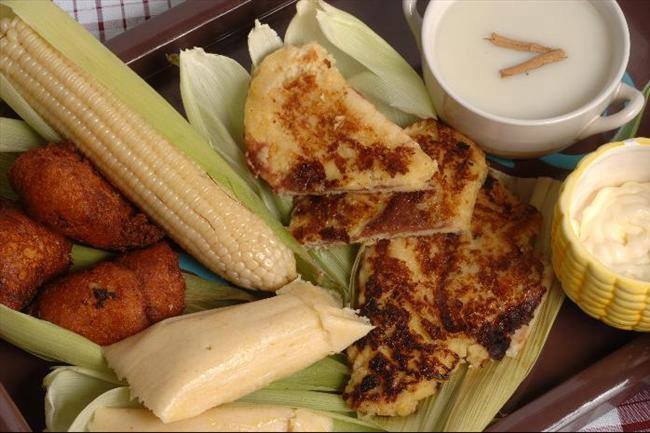Reading this week’s readings, I couldn’t help but relate it back to my childhood in El Salvador. There were so many things that I grew up watching that I did not realize were unique to my culture. For example, I remember it was really common to see fields burning after crops were harvested, and you’d sometimes find ashes on your windshield after leaving your car parked outside. I didn’t know that this tradition can be traced back to Maya people who used controlled fires to clear the area as a way to keep the soil nutrient rich and protect it against harmful microorganisms. It was only after reading that and I thought back to my childhood, that I realized the same isn’t done here in Canada. Another theme I was able to relate back to my culture was from Broccoli & Desire; it’s described that ‘wasting food is taboo, a cultural norm borne of necessity and instilled in children from an early age’. This is something that was really engrained in my sisters and I when we were growing up, and something we have noticed is not very common here where there is so much abundance of everything. I enjoyed reading about corn from a western perspective and it made me realize what a big part of people’s life this is in Central America. Since maize is a staple crop, at the end of the harvest, an “atolada” is hosted. Atoladas allow families to come together, thank God for their harvest and enjoy amazing food- similar to how Thanksgiving is celebrated here. Atolada comes from the word atol, which is a drink made out of elote (another word for maize). During an atolada, music is played, and dishes made from maize are served: corn on the cobb, atol, tamales, riguas, and everyone’s favourites: tortillas and pupusas. Riguas are a traditional Salvadoran corn cake. Nowadays atoladas are monstly only celebrated by people who own “fincas” which is like a ranch or by farmers who have milpas.
I have attached links to recipes for the atol de elote and riguas. Let me know if any of you try these recipes!
http://globaltableadventure.com/recipe/creamy-sweet-corn-drink-atol-de-elote/
https://www.196flavors.com/el-salvador-riguas/

Hi Camila,
I really enjoyed reading through your blog post. Thank you for introducing the Atolada and taking the time to describe what it is. I never knew this tradition existed but I assume that every time this is celebrated, it is usually a really fun time! I especially like the focus on corn for the dishes as well.
Hi Camila! I find the way you describe waste in Canada vs. El Salvador really interesting: I grew up on a farm in rural Ontario, and similarly to what I am getting from your story, wasting food was the most disappointing my brothers and I could do to my parents. Having grown up around agroproduction, we all knew how much energy and time went into making food, so treating it with respect and composting it at the end was the only way we would eat food. When I moved out, I found it really hard to not waste food, because everything in stores is packaged for families or at least couples: cooking for a single person on the go is hard and resulted in me ashamedly throwing out more food than I’d like to admit. (I swear I’m better now!)